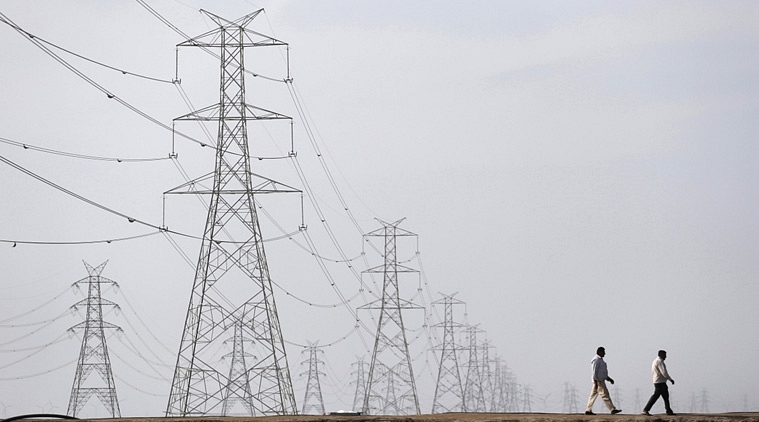Insta
Tamil Nadu Finally Joins UDAY. 92 Per Cent Of Indian Discoms’ Debt Is Now Covered

Distribution line.
Tamil Nadu government has finally signed a Memorandum of Understanding (MoU) with the central government to join its Ujwal Discom Assurance Yojna (UDAY). The state government under J. Jayalalithaa had not been keen on being a part of this scheme despite constant requests and complaints from the Minister of Power, Piyush Goyal.
In an interview to Swarajya last year, Goyal had lamented the state not joining UDAY. Outlining the benefits, he had said, “Tamil Nadu alone stands to benefit Rs 22,400 crores in the next three years. It is the largest beneficiary in the entire country, even more than Uttar Pradesh and Rajasthan.”
CRISIL, in its report on the power sector reforms across the country, has categorized Tamil Nadu Discom as “High Risk” and clubbed it together with other much less industrialised states such as J&K, North-Eastern ones, Bihar and Rajasthan.
UDAY is a power utility turnaround scheme but optional for states and envisages state governments to take over 75 per cent of the debt of the DISCOM and issue long term bonds which Banks/FIs can subscribe at low-interest rates.
Tamil Nadu became the 21st state in the country to join the scheme of the Union Ministry of Power. The state government will now take over Rs 22,815 crore debt of its power Discoms. With its inclusion, 92 per cent of Indian Discoms' debt is now covered.
When a state takes over its discoms’ debt, it does not get included in its fiscal deficit calculation. The long term nature of bonds, the low-interest rate and exclusion from fiscal deficit calculation helps in significantly improving the financial health of the Discom as well as the state.
Recently, Haryana became the first state to turn around its loss making Discom Dakshin Haryana Bijli Vitaran Nigam Ltd which reported a profit of Rs 201 crore in just the first half of the current fiscal year while in the last full fiscal year it had registered a loss of Rs 479 crore.
Support Swarajya's 50 Ground Reports Project & Sponsor A Story
Every general election Swarajya does a 50 ground reports project.
Aimed only at serious readers and those who appreciate the nuances of political undercurrents, the project provides a sense of India's electoral landscape. As you know, these reports are produced after considerable investment of travel, time and effort on the ground.
This time too we've kicked off the project in style and have covered over 30 constituencies already. If you're someone who appreciates such work and have enjoyed our coverage please consider sponsoring a ground report for just Rs 2999 to Rs 19,999 - it goes a long way in helping us produce more quality reportage.
You can also back this project by becoming a subscriber for as little as Rs 999 - so do click on this links and choose a plan that suits you and back us.
Click below to contribute.
Latest